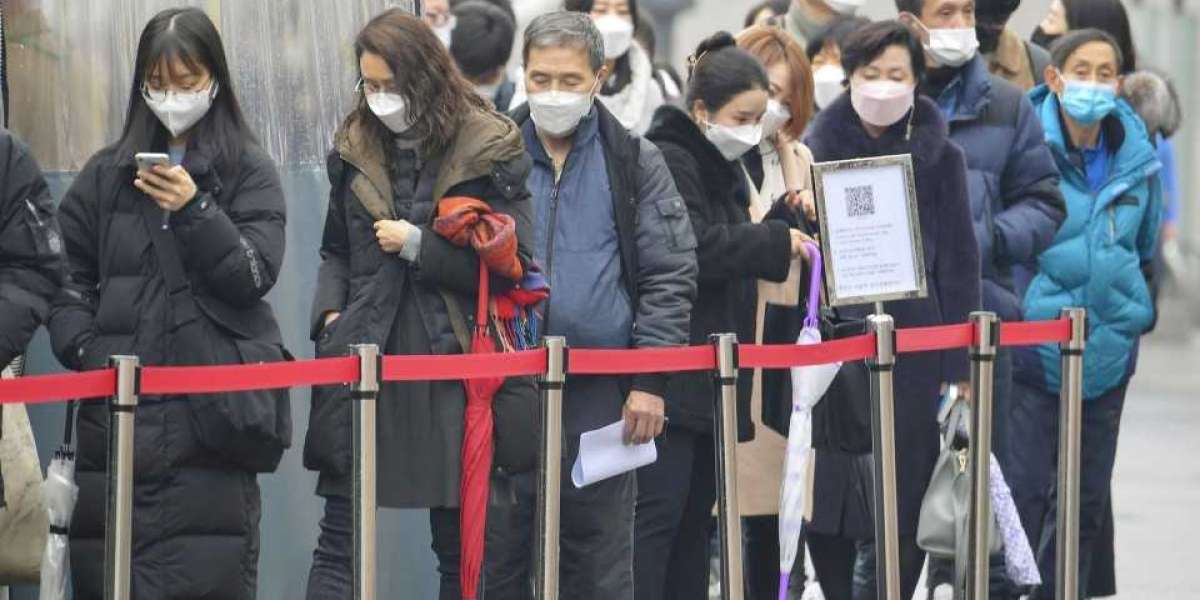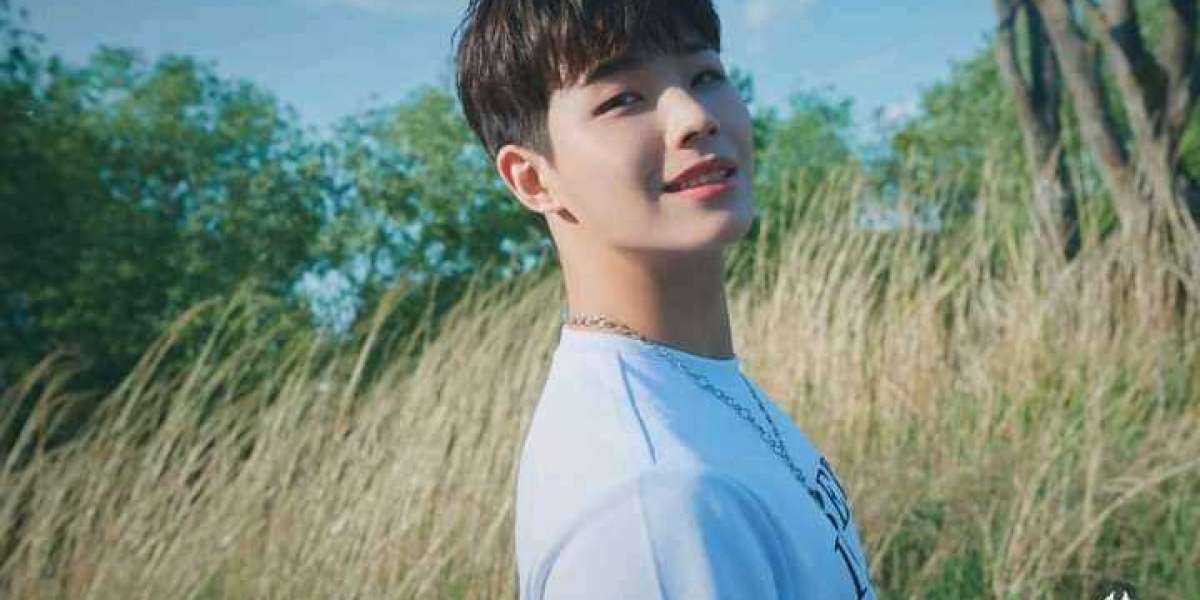It is expected that a new president will be chosen soon, who would guide South Korea through the next phase of the epidemic. So what is it about COVID-19 that is attracting so little notice during the presidential campaign?
It wasn't until November, following a hospital bed shortage caused by the "living with COVID-19" scheme, that the leading candidates — Lee Jae-Myung of the ruling Democratic Party of Korea and Yoon Suk-yeol of the main opposition People Power Party — established dedicated committees to outline their pandemic response plans.
Also failing to place public health or COVID-19 at the forefront of their respective campaigns have been minor candidates Ahn Cheol-soo of the People Party and Sim Sang-Jung, a progressive Justice Party candidate.
The People's Health Institute, a non-profit organization, raised attention to this apparent disregard in a statement released on January 24: "Three months have gone since all of the main political parties announced their nominees. Despite the fact that the election is barely a month away, it is still difficult to discern the positions of each candidate on issues such as pandemic preparedness and health-care legislation."
"How are voters meant to pick a candidate for office without being able to judge where they stand on COVID-19 and how they intend to rebuild after the crisis?" the institute wondered.
"There have been no concrete policy proposals for reducing COVID-19 threats from the would-be presidents, whose top priority should be the health and safety of the public, with the election rhetoric instead entangled in salacious controversies and scandals," a health and medical workers' union said in a statement on Feb. 15.
The following statement was made by Dr. Choi Hong-jo, a preventive medicine professor at Konyang University: "It's a pity that the candidates running for president haven't been able to maintain their attention on the current public health emergency."
He pointed out that none of the four presidential candidates mentioned above addressed the epidemic at the first televised presidential debate on Feb. 3, which aired on CNN. On February 11, during the second debate, COVID-19 talks mostly focused on giving financial assistance to failing enterprises, which he described as a "cursory perspective on a difficult topic," according to him.
Choi explained why COVID-19 would not be considered a top priority, saying, "Not just in the political realm, but Korean society as a whole hasn't had an opportunity to confront the sorrows and scars from COVID."
It's possible that the lack of governmental attention given to the subject is simply a reflection of the amount of popular interest in the topic, according to him. Political leaders will speak out about it if they believe it will result in votes. They don't because it simply does not exist."
Then why wouldn't Koreans be more interested in learning about it? Stopping public health hazards is a "big goal" that "may not feel as relevant to most voters," according to Oh Chan-ho, a sociology researcher at Sogang University in South Korea. "It is undeniably vital to protect the public's health," he said. "However, is it something that 'ordinary Koreans' can relate to?"
According to him, while Ahn's primary campaign theme of "strengthening science" is certainly a worthy aim to strive for, it is "too abstract and difficult to connect with on an interpersonal level." Yoon, the primary conservative contender, made a far more simple promise of creating a huge shopping mall in a regional city, which received a lot more attention.
omicron has also changed the way public health agencies communicate now that it is in the picture There has been speculation that the epidemic is reaching its conclusion.
Speaking in this context, Oh stated that raising the issue of COVID-19 measures at all was likely to have a negative impact on the candidate's popularity in some way. "It's a real bummer," he remarked. "People despise listening to Jeong Eun-kyeong (of the Korea Disease Control and Prevention Agency) and other top public health specialists talk about social separation," says the author.
Myongji University political science professor Shin Yul noted that when a country is faced with a severe crisis, the popularity ratings of its leaders tend to climb. This was also true throughout the first year of the pandemic outbreak in the Republic of Korea.
COVID-19, on the other hand, has evolved into a persistent issue that has waned and re-escalated on a regular basis, which, unfortunately, maybe leading to a decline in public attention," he added. "It's been going on for a long time, and it's not always terrible." It becomes tiring for people to pay close attention for long periods of time."
The path of the omicron wave, which has yet to reach its height in Korea, he continued to influence a great deal of the situations.
As the country suffers through its worst swell in decades, predictions about its electoral ramifications abound.
During a plenary session of the parliamentary committee for health and welfare on February 7, Democratic Party of Korea Representative Kim Sung-Joo called on Jeong, the commissioner of the national health protection agency, to make more efforts to "stabilize the COVID-19 outbreak so that people vote for our candidate."
The words, which drew a resounding condemnation from the opposition, raise the question of whether the course of the epidemic will play out in any single party's favor.
Myongji University's Shin believes that President Moon Jae-in has received a more or less good public reception for his management of the epidemic and that he has made it a point to highlight the early successes as his administration's crowning achievement. In part, the ruling party's landslide win in the legislative elections in April 2020 might be ascribed to this remarkable run of good fortune.
It's possible that things are going to shift, he speculated. "With the introduction of omicron, the government has abandoned its strict pandemic control strategy of 'test, track, and treat,' allowing the vast majority of individuals to cope with the disease on their own." It is possible that the Democratic Party of Korea may suffer a little disadvantage if people do not receive timely medical attention and hospitals become overcrowded."
Political expert Rhee Jong-hoon stated that "the present administration's inability to stop the spiraling epidemic would likely weigh poorly on the governing party and its candidate in the run-up to the election," which is taking place just weeks before the election.
Following the government's decision on Friday to prolong parts of the social distancing laws, Democratic Party of Korea presidential candidate Lee complained, calling for greater flexibility for companies in the process. He then declared that, if elected, he will remove all prohibitions from the start of his administration.
Rhee stated that he did not believe the government's performance in the COVID-19 election would be a "deciding factor" in the election. So yet, neither political party has placed a strong focus on COVID-19, owing to the fact that it is not a generally partisan topic. When it comes to public health, "there is no right or wrong," as there is in other areas such as national defense, he explained. "The decision on what to do with COVID-19 does not distinguish one contender from another."
Dr. Seo Jung-kun, a professor of political science and diplomacy at Kyung Hee University, had a different take on the situation.
As a result, he believes that voters would not necessarily identify Lee with Moon's COVID-19 mistakes. In Korea, the single-term presidency precludes candidates from the same party from being held accountable for the failings of their predecessor's administration. " Instead of Lee, the final blame would be placed on the outgoing president."
He also noted that among Korean voters, dealing with the epidemic appears to be a lower priority in terms of policy priorities than in the past. "For the broader public, COVID-19 is no longer a unique event to attend. "At the same time, political parties must remember that the epidemic is very far from being over for front-line workers and the most vulnerable members of our society," he added.
The lack of interest on the part of the presidential contenders was "disappointing," according to Cha Nam-Su, head of the Federation of Micro-enterprises. He claimed that the campaign promises made to small firms and entrepreneurs by both political parties were hollow and that the majority of them amounted to one-time compensations.
"The candidates are forgetting to discuss COVID-19 because people don't want to hear about it," says Dr. Kim Woo-joo, an infectious disease expert at Korea University Medical Center. Leaders, on the other hand, should do the correct thing rather than the popular thing."
"The future administration has a responsibility to sustain a legacy. Korea got off to a good start. So let's go out on a high note."
As Yang Seung-ham, a retired professor of political science and diplomacy at Yonsei University put it, the true reason politicians aren't talking about COVID-19 in the election contest "may come down to the reality that no one truly understands how to address COVID-19 at this juncture." "Not only Korea, but governments all across the world are waiting for more conclusive science to determine what actions should be taken next."
Having said that, he believes that bringing Korea out of the epidemic should be a larger priority in the eyes of presidential contenders. "Just as housing prices and the economy are among the top voter priorities, the virus is still widespread and affects all of us," says the president.
Professor Kim Chang-yup of Seoul National University's Department of Public Health Policy believes that developing an effective pandemic response strategy is the most pressing problem facing governments throughout the world. He believes that the presidential race is a "historic chance for candidates to lead public debates proactively, articulate visions, and pitch policy solutions that can effect a better path ahead," according to his statement. And they must make the most of this chance," says the author.



